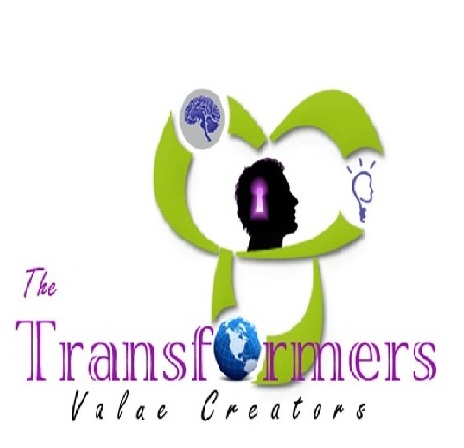“ The people who will thrive are the strong technologists who are capable of translating their expertise into terms that non-technical people can understand.”
Wonder, what happens-
* If you’re really good at getting clients & not so good at retaining them
* If you have lots of staff turnover & have to keep re-training people
* When you have lots of managers but no real leaders
When your workforce has lots of technical skills but an absence of soft skills, you have a soft skills gap.
Soft skills are what accompany the hard skills and help your organization use its technical expertise to full advantage. Even in the most technical fields today, soft skills are in high demand. 77 % of employers value soft skills as much as hard skills.
Technical work rarely happens in a vacuum. Code must be reviewed and tested by others, project plans and timelines discussed, and new features and frameworks explained and pitched.
Technology pros who also have the ability to communicate effectively, negotiate conflict, work well in teams and are adaptable to the ever-changing needs of a dynamic market are much more valuable to their organizations, especially at the managerial and executive level.
For example, the role of a solution architect (a job that organizes development work and technical solutions between the technical team and the organization or customer). Solution architects are highly sought out because they are both client facing and technical, requiring the hybrid of soft and technical skills.
A few of the imperative soft skills for IT professionals are-

Communication
IT systems are only relevant in a business context so IT professionals need the ability to communicate well with people at all levels in an organization, from help desk assistants and PC end users to company directors. In client-focusing roles IT professionals must also communicate clearly with clients to understand and define system requirements.

Planning and organization
The IT sector is a project-focused industry. Effective planning makes it possible to anticipate problems and challenges and transform them into positive opportunities.
Drive, motivation and enthusiasm
Drive and motivation are essential for working in this incredibly fast-paced industry. You need to enjoy taking on new challenges, pushing boundaries and looking towards the future.
Problem-solving
Working in IT you need to have the ability to define problems in a timely manner, identify the root causes, and then gather relevant information to find appropriate solutions. But you may also need to suggest enhancements to existing procedures and processes to deliver improved service, a better product and most importantly, satisfied clients.
Teamwork
Teamwork requires interpersonal skills and at times, leadership qualities so that you can consider and respond appropriately to the behavior and motives of others, adapt your personal style accordingly, or step out in front to bring others with you.
Technical and Social skills are equally important parts of the talent equation.
Ultimately, technical developers need to solve business problems or to meet company goals. Their ability to understand and comprehend the organization’s challenges, then translate those into technical solutions is imperative.


